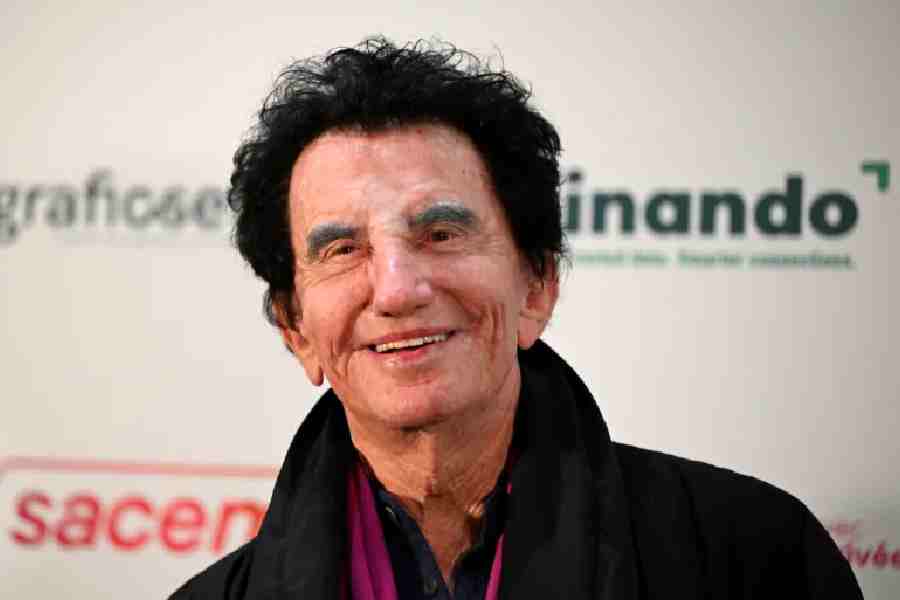From Loreto Day School, Dharmatala, I entered St Xavier’s School in the second standard and passed my Senior Cambridge examination in 1931. During my school days, out of the 30 boys in our class, four of us were Indians. Our teachers were mostly Belgians and other foreign Jesuits and three Anglo-Indians. There was no relaxation in discipline and students were caned for getting grey cards in the weekly examinations. Fortunately, I escaped such punishment.
We used to have Christian prayers three times a day. But there was no compulsion on the part of Indian non-Christian students to join. Also, weekly drills were conducted by an officer from Fort William.
The annual prize-giving ceremonies and sports were great events attended by our parents. The football and hockey teams brought credit to the school. I also got an opportunity on a few occasions to play in the football team. But as a barefoot player, it was a sad experience for me and I had to drop out.
In 1930, even though my family had no interest in politics, two events stirred me greatly. Once when Gandhiji went on a fast in 1930, I felt disturbed and took my father’s permission to stay away from school for a day.
The other incident was the Chittagong Armoury raid by our armed freedom fighters. Whilst I was greatly enthused by this act, my non-Indian friends disapproved of it and supported the stand of the school authorities who condemned it. The tiff with my friends continued for quite sometime.
Another point comes to my mind. In our time, apart from Latin and French, Hindi was taught and not Bengali. So, I had Latin and Hindi as my subjects for my Senior Cambridge examination. Only after I joined college did I learn Bengali.
With this rather scrappy write-up, in the end, I wish to state that I have very happy memories of my school days. I miss the friends who have either passed away or have migrated to other countries after Independence.
The inspiration involved in the opening of the UK chapter of our old boys’ association is one of extending fraternal co-operation beyond the frontiers of India. For historical reasons, India is closely linked with English education and culture. The British in India, as Marx pointed out, acted as “unconscious tools of history”.
One of their priorities consisted in the introduction of English education to India, which they thought, would help fulfil their objective. In effect, however, this educational measure has been beneficial for the Indians over the ages. Even today, the English language is taught in schools, colleges and universities. Along with Hindi, it is the official language of the central government administration in Delhi.
Since the attainment of Indian Independence, Indo-British relations have been moving towards a new direction, based on mutual understanding and amity. Against this current perspective, the UK Chapter of the St Xavier’s School Old Boys’ Association has a very constructive role to play in reinforcing the ties between the two cultures.
What is important is to identify the commonality of approach between the two countries on various issues and to work for purposes, which are not limited by geographical boundaries.
By stepping up interaction, we can achieve the goal of sharing ideas and feelings, joys and sorrows among the nations. We need not despair under any circumstances; it is needful to bear in mind that the right objective begets the right result.











